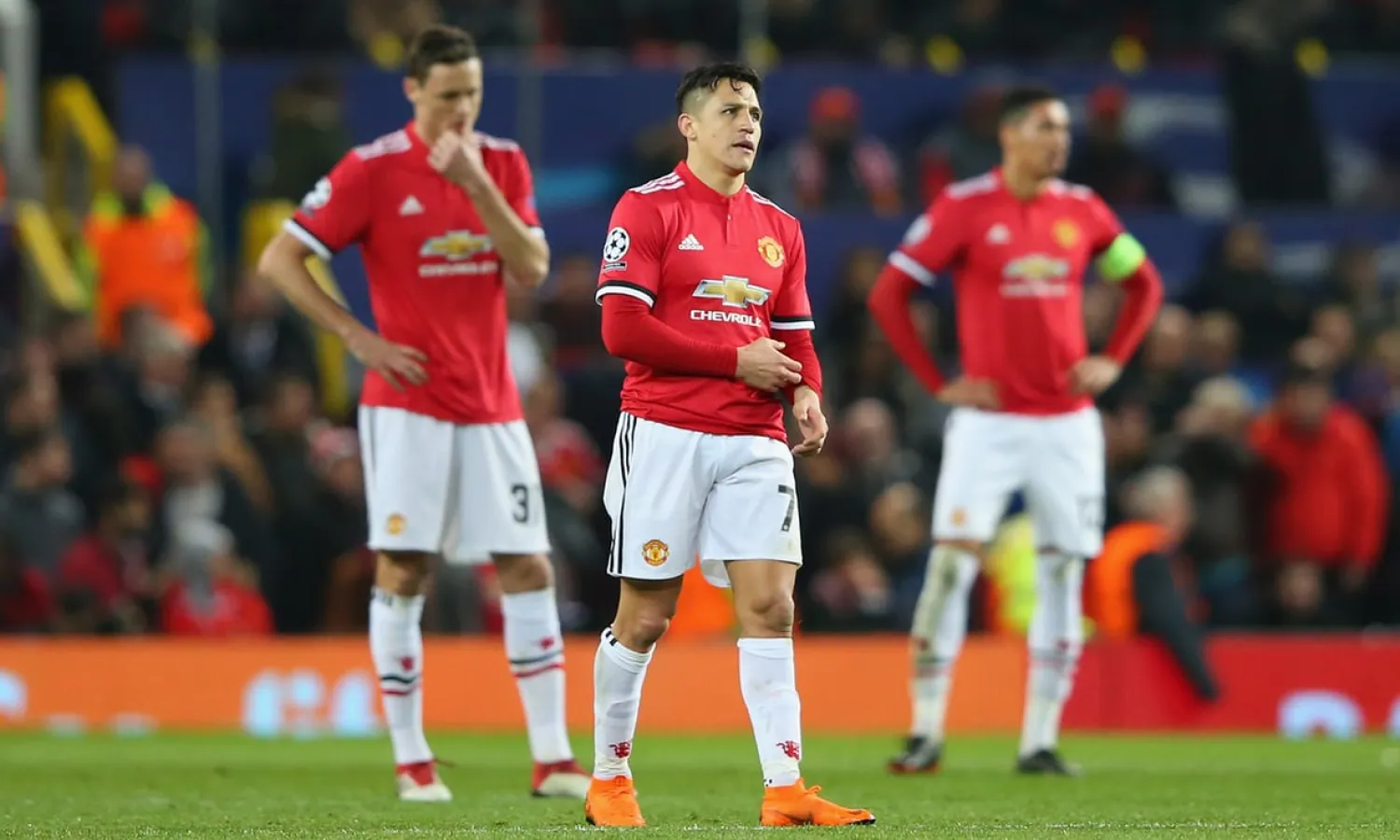Wissam Ben Yedder felt like breaking into song, so he did. At the end of the game at Old Trafford, he and his Sevilla team-mates stood before the visiting fans and belted out the club’s anthem; not long after, he stood alone before the television cameras and did the same. The anthem opens on a line that roughly translates as “They used to tell the story” or “Legend has it”. And now, the headline in the sports newspaper Marca insisted: “They will tell the story.” The story of how they went to Old Trafford and beat Manchester United.
Sevilla’s anthem was written in 2005, the year before the most successful decade in their history began; in 2006 they won their first trophy since 1948 and over the next 11 years they added eight more, including their record haul of five Uefa Cups/Europa Leagues. They had won only four trophies before. Yet this may be even bigger. “They celebrated as if it was a title,” El País noted. There was no reproach in those words. That would be reserved for José Mourinho.
Sevilla had not reached the quarter-finals of the European Cup for almost 60 years, and they did it at Old Trafford, where they had never played a competitive game before.
“Sixty years is not long in the history of humanity but it is a huge number in the hearts of Sevilla fans,” El País said. “They’re still dreaming,” cheered the cover of Estadio Deportivo, the Sevilla-based sports daily, writing inside: “This is not a dream; it is grandiosity. Sevilla have shown themselves to be a great, even when many were burying them.”
AS’s front page called them “the Seville of dreams”. “It has been a magical night,” said the president, José Castro.
Marca’s match report opened: “There are stadiums where you can leave having written a page in your history or with the feeling that the ground has swallowed you whole, and Old Trafford is one of those. Sevilla chose the best option.” The goalscorer leaped across their cover, muscles rippling. “Big Ben,” the headline said. He had scored twice in four minutes before launching into a rendition of the anthem.
“Andy Warhol said that everyone has their 15 minutes of fame,” said AS’s match report. “Ben Yedder didn’t need 10 of them. Sevilla had passed through another gateway at a stadium of liturgy and grandiosity.”
Manchester United’s stadium, though, was one thing; their team, quite another. And as for their manager, many were waiting for him and they did not hold back. The Spanish media found itself pointing the finger at an familiar face, Sport insisting: “Mourinho is living on the past.” On a night like this “fear took everyone but none quite like Mourinho”, El Mundo Deportivo said. “All those millions, unused,” lamented El País, who talked of “a huge display of football from Sevilla against a Manchester United who are millionaires but misers; so much money, so poor”.
In AS, the editorial called this “one of Sevilla’s biggest feats, at the historic and venerable Old Trafford, [one] that will be written into history forever, and it was done with pure football against Mourinho’s troglodyte model, in which so much money has been invested so that De Gea can hoof a long ball towards Fellaini and Lukaku. Sevilla won and so did football”.
“You pay for meanness in the end,” wrote Roberto Palomar in Marca. “And Manchester United is a walking monument to mean spiritedness. Poor, miserable, they had everything in their favor to go through … and it was Sevilla that went through.”
“The general opinion of this team that was once respectable and no longer is has plummeted. It’s an unattractive, fearful team, rich in resources but lamentable in its play,” he added. “Mourinho is starting to look like a washed-up rock star, one of those guys that goes around holiday hotels for pensioners playing old hits on an organ with the base and the percussion playing on a tape recorder.”
(The Guardian)









